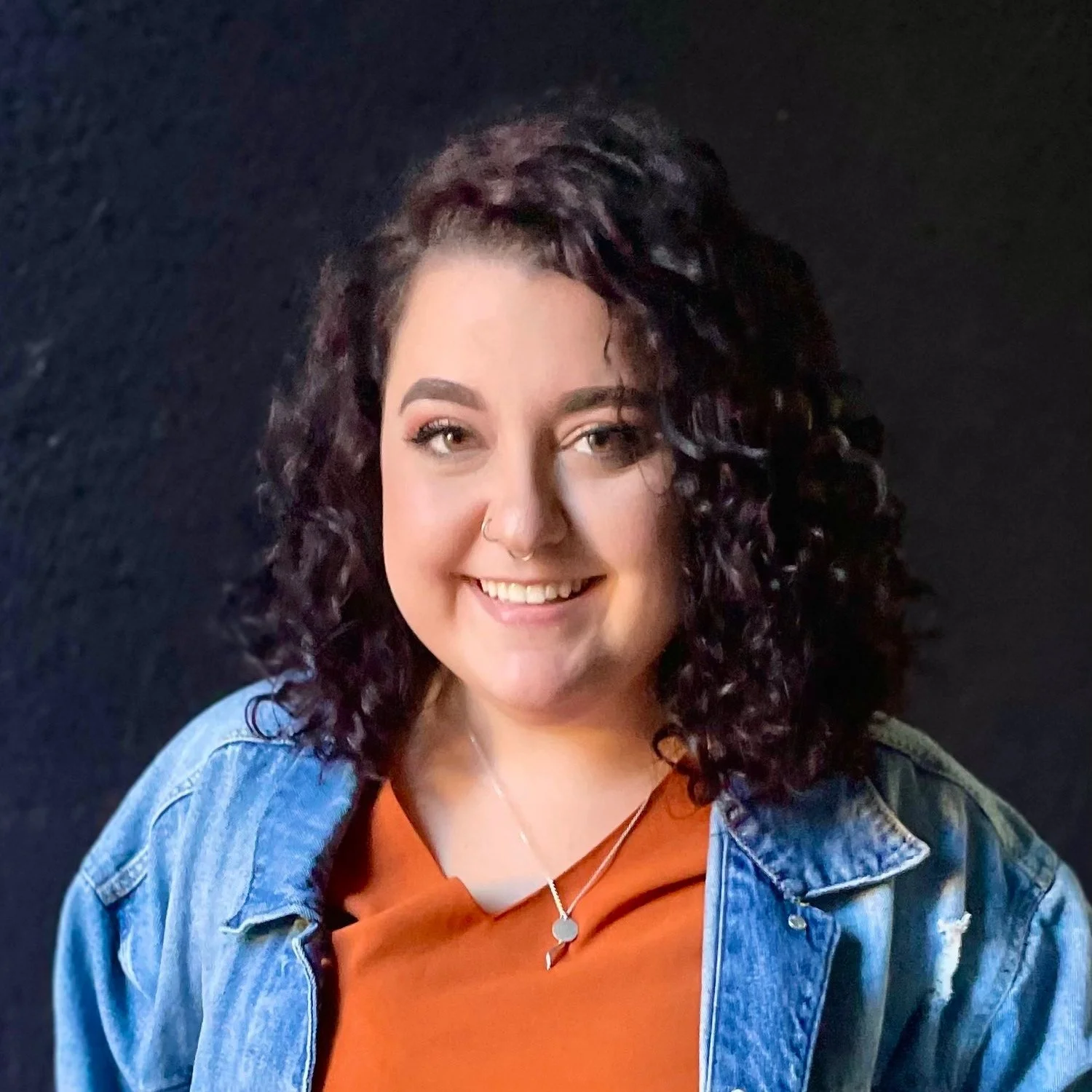
8 Best Dallas Addiction Counselors
Addiction is any continuous behavior or action that disturbs your quality of life. Focus becomes more about when you can participate in the behavior again, rather than how you can enjoy and fully engage in life. It takes you away from really interacting the world around you and makes you feel like life is less gratifying without it.
Understanding addiction
When people think of addiction, they often think of alcoholism or drug addiction. While these are the most talked about and highly publicized types, there are numerous other kinds of addictions that do not receive the same amount of attention.
Addiction counseling can help these common addictions:
Substance Abuse: alcohol addiction, addiction to illegal drugs, addiction to prescription medication or over-the-counter medication
Sex Addiction
Pornography Addiction
Video Game Addiction
Gambling Addiction
Exercise Addiction
Food Addictions
8 of the Best Dallas Addiction Counselors
Let’s work together.
Have questions about addiction counseling? Fill out some info and we will be in touch shortly! We look forward to hearing from you!
Common symptoms of addiction
concealing a behavior from others
finding your thoughts keep focusing on when you will get to enjoy a specific behavior
day dreaming about a behavior frequently throughout the day
worrying you will not find time in your day to enjoy a certain behavior
feeling you need to participate in a certain behavior when you have had a rough day/week/year
experiencing negative consequences for a behavior
relationship issues
denying your behavior to friends/family/coworkers
feeling distant from friends and family
consistently trying to justify your behavior
experiencing changes in eating or sleeping habits
functioning less adequately at work and other areas of your life
feeling stressed and/or angry when you do not get to participate in a behavior
feeling you need to participate in the behavior in order to fully be yourself
Our approach to addiction counseling
Addiction is strong and powerful. Without help, people find it extremely challenging to overcome. You have possibly learned to cope with difficulties and hardships by feeding into your addiction and have not learned healthy ways of working through tough events and times. Noyau Wellness has an experienced group of experts to help you learn these healthy ways to cope while helping you process past struggles and/or traumas. In order to heal, you have to work through the addiction first.
Our therapists will help you come up with the best plan for you to help you stop whatever behavior your using to feel better and participate in life more easily. We know that addiction does not have a one size fits all cure. We want to work with you to find the best treatment that helps you move forward. If needed and desired, we will also work with psychiatrists, nutritionists, medical doctors, and other experts to find the best plan for you. Family and friends are often at a loss as to how to help a loved one struggling with an addiction.
We can help work with a friend or family member, or help you take care of yourself. Loving someone who has an addiction is often extremely stressful and emotionally draining. You need a support system and someone with experience who can help you through this process. Addiction is scary, but people can heal and start the fresh new life they deserve. We want to work with you and your family member to get you there.
Why choose Noyau Wellness Centers?
At Noyau, our mental health professionals are expertly trained in addiction recovery and mental health treatment for all types of addiction. We know that each client has unique challenges from relationships issues to childhood trauma to mental health issues to self esteem issues, and so forth. These and other issues can often be the underlying contributors to addiction and dependency along with a genetic component. Addiction looks different for each individual, and we tailor each treatment plan with this in mind.
In working with us, you can expect:
Expertise and experience
Judgement free safe space
Comprehensive assessment
Tailored treatment plan for your unique needs
Practical tools and coping strategies
Holistic healing to discover and heal underlying issues
Eclectic approaches using various methodologies including (but not limited to) CBT (Cognitive Behavior Therapy), Solution Focused, Narrative Therapy, Life Coaching, Couples Counseling, and Medication Management with your psychiatrist and/or primary care physician
Co occurring disorder treatment
Hope and expectation of freedom from the addiction cycle
Recognized as One of the Best Therapy and Counseling Centers in Dallas - Fort Worth
Top 10 Mental Health & Counseling in Dallas
Top 16 Life Coaches in Dallas
Top 3 Marriage Counselors in Dallas (Angela Taylor)
FAQs about addiction treatment
-
An addiction therapist is a mental health professional who specializes in helping individuals struggling with substance use disorders or behavioral addictions. These therapists use various therapeutic techniques to assist clients in understanding their addiction, developing coping strategies, and establishing a path toward recovery. Our Noyau therapists have specific training in addiction treatment and countless hours of work with clients struggling on the recovery journey. They are well versed in recovery principles, dual diagnosis, and long term recovery. Treatment is multifaceted, and professional counseling at Noyau works at all levels, stages, and aspects of your life that these issues may be effecting.
-
When it comes to treating addiction, various forms of psychotherapy have proven effective. Depending on the individual's unique needs, different therapies can facilitate recovery from substance use disorders or behavioral addictions. Here are some of the most effective psychotherapy approaches for addiction:
Cognitive Behavioral Therapy (CBT): CBT is one of the most commonly used therapies for addiction. It helps individuals identify negative thought patterns associated with their addiction and develop coping strategies to manage cravings and triggers.
Motivational Interviewing (MI): MI is a client-centered therapy designed to enhance an individual's motivation to change. This approach is particularly effective for individuals who are ambivalent about seeking treatment.
12-Step Facilitation Therapy: Engaging in 12-step programs like Alcoholics Anonymous (AA) can provide ongoing support and community. This therapy encourages individuals to embrace the principles of these programs while working through their addiction.
Dialectical Behavior Therapy (DBT): DBT combines cognitive-behavioral techniques with mindfulness strategies. It can help individuals manage intense emotions and enhance interpersonal relationships, making it beneficial for those with emotional regulation issues related to addiction.
Contingency Management: This evidence-based therapy utilizes a reward system to reinforce positive behaviors such as abstaining from substance use. It is particularly effective in outpatient settings.
Family Therapy: Involving family members in the treatment process can address underlying dynamics contributing to addiction. Family counseling provides a supportive environment for recovery and helps improve communication among family members.
Noyau therapists are skilled in each of these modalities and will work effortlessly to find the best fit for you to create therapeutic healing.
-
While some only need 6 months of treatment to heal and recover, most need at least 2 to 5 years of abstinence to truly break free from the addiction. Addiction is usually developed over a long period of time and subsequently takes time to recover, heal, and find a new norm. In addition, often times people who struggle with addictive behavior can transfer that behavior to a new addiction if the underlying issues are not treated as well. For example, someone that has battled substance abuse could easily start battling a food addiction if the goal was to just maintain sobriety and not overall healing. Additional mental health conditions should be assessed for as well. Your therapist will work within your recovery goals to develop the right plan for your well being and daily life.
-
Addiction treatment comes in various forms and levels of care tailored to the individual's needs. Here are some common types of addiction treatment and their corresponding levels of care:
Types of Addiction Treatment
Detoxification (Detox)
Detox is the first step in recovery, focusing on safely managing withdrawal symptoms. It is often medically supervised (medical detox) to ensure safety and comfort and incorporates medical history.
Inpatient Rehabilitation
Inpatient rehab programs provide 24/7 care in a residential setting/inpatient facility. Patients receive comprehensive therapeutic support and group counseling, making this option ideal for individuals with severe addiction issues.
Outpatient Rehabilitation
In outpatient rehab programs, patients can live at home while attending counseling sessions daily for extended periods of time. Types include:
Intensive Outpatient Programs (IOP): More frequency in therapy sessions.
Standard Outpatient Treatment: Regular meetings or sessions with a counselor often including group therapy.
Partial Hospitalization Programs (PHP)
PHPs offer a level of care between inpatient and outpatient services, providing intensive support several hours a day without overnight stays.
Sober Living Homes
These homes provide safe, substance-free environments for individuals transitioning back to everyday life, promoting sobriety and independence.
Therapy and Counseling in a Counseling Practice
Effective addiction treatment and substance abuse counseling can include various therapeutic approaches, such as:
Cognitive Behavioral Therapy (CBT)
Dialectical Behavior Therapy (DBT)
Support groups like Alcoholics Anonymous (AA) or Narcotics Anonymous (NA).
Medication-Assisted Treatment (MAT)
MAT combines medications (e.g., methadone, buprenorphine) with counseling to treat substance use disorders, particularly for opioid, alcohol addiction, and other drug addiction treatment. These services often work well with co occurring disorders such as bipolar disorder and other types of mental illness.
Holistic and Alternative Therapies
Incorporating practices such as yoga, meditation, and art therapy can enhance recovery and overall physical and mental well being. These can be utilized in an inpatient facility and outpatient treatment.
Levels of Care in Addiction Treatment
Level 0.5: Early Intervention
Targeted educational programs aimed at preventing substance use issues.
Level I: Outpatient Services
Services that provide regular counseling but allow individuals to maintain their daily routines.
Level II: Intensive Outpatient Programs (IOP) and Partial Hospitalization Programs (PHP)
These levels provide extensive support and counseling for individuals with moderate to severe addiction.
Level III: Residential/Inpatient Treatment
Suitable for those requiring intensive care and support in a structured environment.
Level IV: Medically Managed Intensive Inpatient Service
The highest level of care, necessary for individuals with severe addiction and additional medical needs.
Selecting the right type of addiction treatment and level of care is crucial for recovery and can be life changing. By understanding these options, individuals can make informed choices that lead to successful outcomes. Noyau can help you each step of the way by assisting in determining which level of care you need, providing intervention and treatment through your weekly therapy session, and into continuing your recovery journey in comfortable environment. As a private practice, we value confidentiality, effective treatment, and compassionate care. Your healing from substance use disorder, alcohol abuse, and any other addiction in which you are currently struggling is our highest priority, and we will help you on your way to self discovery and restoration.
Book an addiction counseling session in Dallas, Fort Worth, or online.
You may also call us to schedule a session with an addiction therapist.
Dallas Noyau Wellness Center: 214-706-0619
Fort Worth Noyau Wellness Center: 682-385-9540












